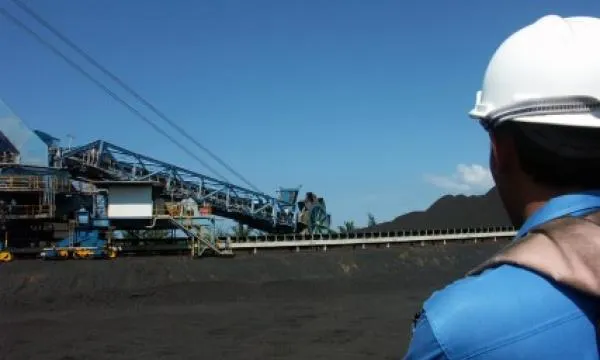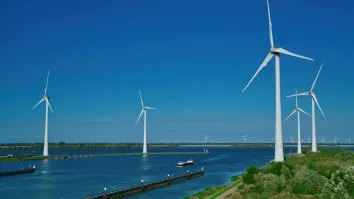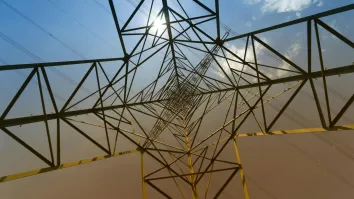
Coal exit plans on the rise in Asia
Lenders could follow after Mizuho’s move to shun financing of coal-fired power.
With financial institutions and corporations stepping out of coal-fired power financing, a domino effect across other coal lending financiers in Asia is likely, argued a briefing note from the Institute for Energy Economics and Financial Analysis (IEEFA).
Sumitomo Mitsui and Mizuho, who are amongst Japan’s largest financial institutions, recently announced the end of financing for new coal-fired power projects. Philippines-based Ayala’s AC Energy has also expressed plans to fully divest its coal generation assets by 2030.
With this indicating that coal is considered to be a poor investment, other lenders are tipped to announce a policy shift away from coal, according to IEEFA’s director of energy finance studies in Asia Pacific, Tim Buckley. “Mizuho is the world’s largest private financier of coal developers which means other financial lenders keep a close eye on its activities,” he said.
IEEFA noted that most financial institutions are driven by the numbers and the need to stay relevant as technology-driven energy transition accelerates, although some may have been driven by climate-related goals.
“Renewables including wind and solar are now the lowest cost source of energy in the world, and very low emitters. This obviously ticks boxes,” Buckley said.
The briefing stated that nearly 130 globally financial institutions have announced coal exit policies to date, with many starting to include tar sands and Arctic oil and gas drilling exclusions.
On top of this, China released a draft renewable energy policy in April, whilst the South Korean government’s Green New Deal manifesto has set a commitment to zero emissions by 2050, which introduces an effective carbon tax and the phaseout of coal financing.
Some major Japanese trading houses have also been divesting away from coal, including Marubeni Corp, Mitsubishi, Mitsubishi Materials, Mitsui, and ITOCHU. Global banks, insurers and asset managers have implemented coal exclusion policies at an average rate of one every two weeks for the past two years.
“When the world’s biggest asset manager BlackRock announces a coal exit policy as they did in January 2020, decision-makers take note,” Buckley added.



















 Advertise
Advertise







